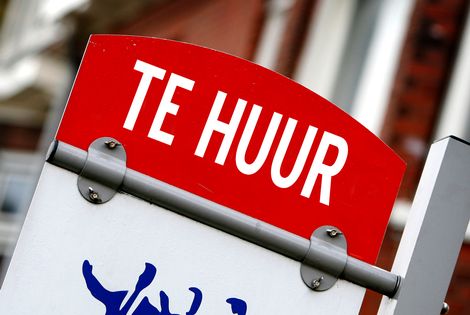Fewer high earners live in rent controlled housing, says minister

The number of social housing tenants who technically earn too much to live in rent controlled housing fell 25% between 2012 and 2015, housing minister Stef Blok told parliament in a briefing on Wednesday.
However, the drop is not due to the extra rent rises introduced for high earners in social housing but tougher rules on eligibility for new tenancy contracts, Blok said.
For the past three years, social housing landlords have been allowed to raise rents by up to 4% above the rate of inflation for high earners. The government hopes this will encourage them to move into the non-rent controlled sector or buy a home.
The housing ministry research shows around 50% of social housing tenants were faced with a rent rise above the rate of inflation over the past three years – meaning they earn more than the limit of just under €35,000.
Shortage
However, despite the higher rent increase, most of them have not moved into the non-rent controlled sector. This is partly due to the shortage of non-rent controlled properties in some areas, particularly in the bigger cities like Amsterdam, Blok said.
A report by housing corporation umbrella group Aedes last year showed 547,000 rent controlled properties were lived in by people with an income of more than €34,911 a year, which breaks the official income limit for social housing.
In total, 32% of people living in social housing should be living in the liberalised rental sector, where rents are at least €710 a month, the report said. According to Blok, that figure has now dropped to 20%.
Thank you for donating to DutchNews.nl.
We could not provide the Dutch News service, and keep it free of charge, without the generous support of our readers. Your donations allow us to report on issues you tell us matter, and provide you with a summary of the most important Dutch news each day.
Make a donation